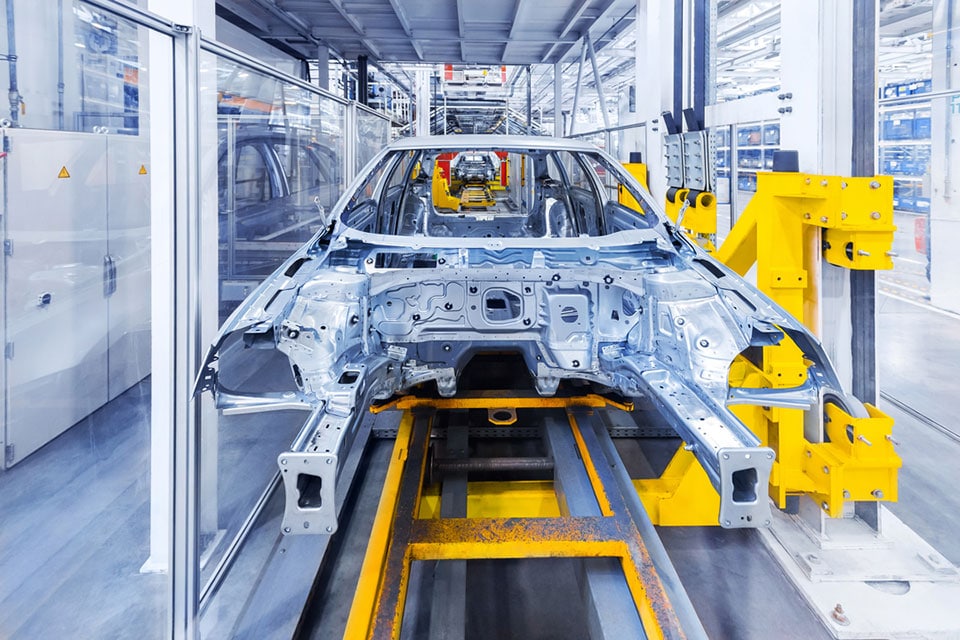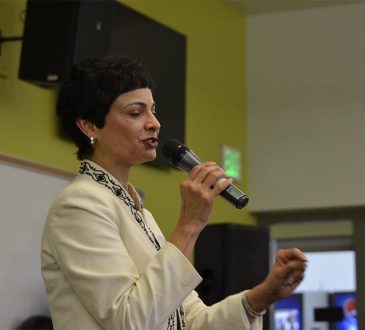Manufacturers must rethink global operations in face of COVID-19 – study

Manufacturers must redesign and reform their Global Supply Chains or Global Production Networks (GPN) if they want to survive and prosper in the wake of the COVID-19 pandemic, a new study reveals.
The virus’ impact demonstrates that global manufacturing concerns must switch from large production sites in a single location, such as China, to numerous smaller facilities around the world to reduce business risk.
Stability, reliability, resilience and predictability are critical in the design of global production networks that balance risk versus reward and harmonise economic value with values related to reliability, resilience and location.
Researchers at the University of Birmingham published their findings in Tijdschrift voor economische en sociale geografie.
Report co-author Professor John Bryson, from the University of Birmingham, commented: “There is a real tension between optimization of GPN and risks which ripple out across the globe. COVID-19 is the first time that these ripples have impacted on every country and the majority of people living on this planet.
“It is unfortunate that companies, governments and geographers did not consider the outbreak of SARS in late 2002 as a testbed to develop new approaches to the management of risk. GPNs and offshoring, come with many risks that have been ignored.
“There is a critical social science debate within geography that must move from celebrating the dominance of GPNs as an organisational form to an on-going critical reframing that accepts that a fundamental rethink is required by global manufacturing concerns.”
Researchers used a database of 91 American companies to show that current dominant account of globalisation cannot explain the international strategies of 25% of these firms.
However, they found coronavirus highlights that the most effective GPNs balance cost control against risk – balancing production facilities in core markets against over-reliance on facilities located in lower-cost locations.
The rapid speed and economic impacts of COVID-19 have shifted the balance between state, citizens and businesses within national economies. During the pandemic, the state has engaged in a process of nationalisation with its exceptional degree of support for businesses and employees – becoming a key consumer and surrogate employer.
Researchers highlight that the most common operational response amongst American firms to the China-US trade war involved relocating suppliers from China to another low-cost country.
However, the impact of COVID-19, has seen firms beginning to develop strategies dealing with supply chain disruptions – with larger firms building regional supply chains, leaning more on technology for smaller firms, and focusing on efficiency and resilience.
“Globalization is not a novel concept, but COVID-19 has highlighted the risks associated with increasing interconnectedness of people and places through economic, political, cultural, and environmental changes,” Professor Bryson added.
“Existing thinking on GPN design minimises costs and maximises economic ‘value’ rather than balancing profit against risk reduction – a high-risk approach that must change. We must reframe the debate on globalisation around the benefits and risks associated with deepening globalisation.”
Have you read?
Cities With The Largest Number Of Skyscrapers.
World’s Best Cities For Remote Working Jobs.
World’s Best Cities For Expats To Live.
World’s Best Cities For Millennials.
Add CEOWORLD magazine to your Google News feed.
Follow CEOWORLD magazine headlines on: Google News, LinkedIn, Twitter, and Facebook.
This report/news/ranking/statistics has been prepared only for general guidance on matters of interest and does not constitute professional advice. You should not act upon the information contained in this publication without obtaining specific professional advice. No representation or warranty (express or implied) is given as to the accuracy or completeness of the information contained in this publication, and, to the extent permitted by law, CEOWORLD magazine does not accept or assume any liability, responsibility or duty of care for any consequences of you or anyone else acting, or refraining to act, in reliance on the information contained in this publication or for any decision based on it.
Copyright 2024 The CEOWORLD magazine. All rights reserved. This material (and any extract from it) must not be copied, redistributed or placed on any website, without CEOWORLD magazine' prior written consent. For media queries, please contact: info@ceoworld.biz
SUBSCRIBE NEWSLETTER








